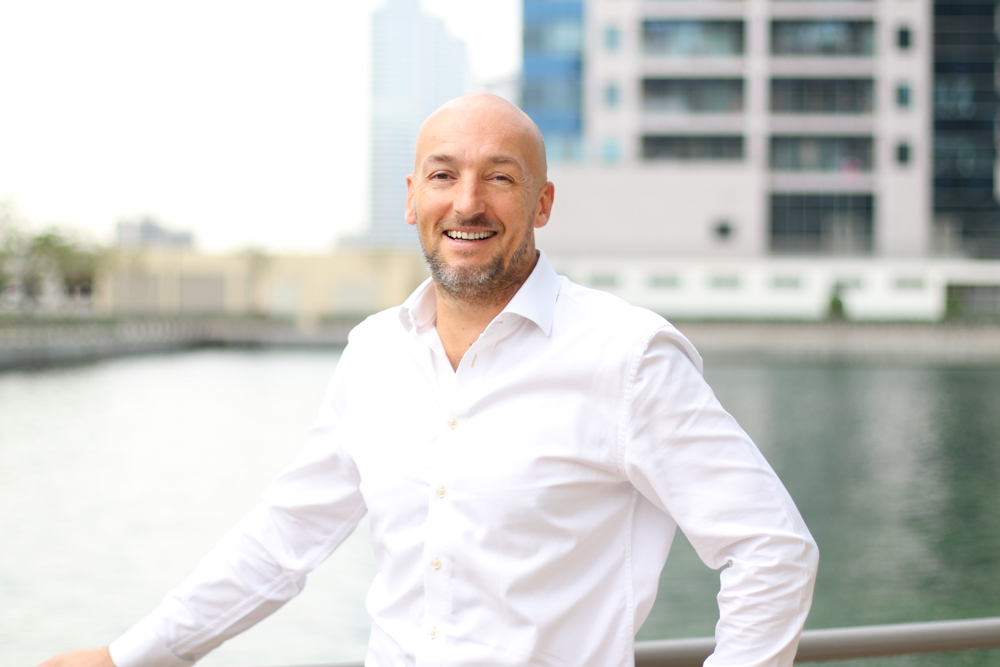Marcus Taylor, managing partner at Taylor Sterling, talks about the current state of construction and engineering recruitment.
The biggest challenge facing the construction industry, from a hiring perspective, is getting the right people at right price point. The cost of living went up at the tail end of 2016 and has remained high, but salaries have in most cases remained constant. Companies in need of strong hires are being forced to put this on hold as they experience industry-wide delays in projects being awarded, as developers are trying to reduce their own spending.
 What this has led to is mid-level companies with mid-level talent being awarded an increasing number of contracts, rather than the big players who have been able to invest in top level talent. To get the best talent today, companies need to be offering very lucrative packages, or look outside of the GCC to bring new top talent in. This of course comes with its own issues, as foreign hires are lacking in local experience.
What this has led to is mid-level companies with mid-level talent being awarded an increasing number of contracts, rather than the big players who have been able to invest in top level talent. To get the best talent today, companies need to be offering very lucrative packages, or look outside of the GCC to bring new top talent in. This of course comes with its own issues, as foreign hires are lacking in local experience.
We recommend finding local, high achieving, mid-management talent and growing them or importing talent from overseas. The market has gone from experience dominated to a younger, more tech savvy, driven workforce. Up until a couple of years ago we saw heavily experienced 45 to 60-year-olds driving the big companies, but now we are seeing more and more 30 to 45-year-olds being hired and being incredibly successful for aspiring companies.
Continuing buzz words – Expo2020 and the World Cup – are simply the accelerators, post downturn. Its so important to be ahead of the curve and to be looking at the long term. Today the UAE, and most of the GCC, is evolving from being an emerging market to a mature one, so talented employees are now choosing to move to this region as a life choice, not just for the salaries. Its getting easier to import talent from a recruitment perspective and we are looking at this as an option more and more.
As of today, 70 percent of our time is spent placing senior construction professionals from building to infrastructure roles. 78 percent of those we placed since the end of last year have not been actively looking for a move. What this tells us is that this drive to create solid, long-term foundations has already seen its first wave. If construction companies who havent factored this into their development strategy dont act quickly they will not only face a serious talent shortage, but should expect to be overtaken by those early investors in talent.
We are often asked whether competition for skilled workers is growing as the construction sector recovers. In short; there are many mid-skilled workers but the top end, where you get your highest quality and most experience, is not big enough to meet demand. That said, global issues like Brexit and the Donald Trump Presidency have created a good opportunity for us across the GCC to encourage talent to move here. Its for the construction industry to capitalise on.
Every country has their own plan, whether it be for 2020, 2030 or 2050. Dubai has the most imminent plan for Expo2020, closely followed by Qatars 2022 plan for the World Cup. I really cant stress enough how important it is to have a relationship with a specialist in talent sourcing that can provide quality personnel and avoid panic hiring at the last minute.

